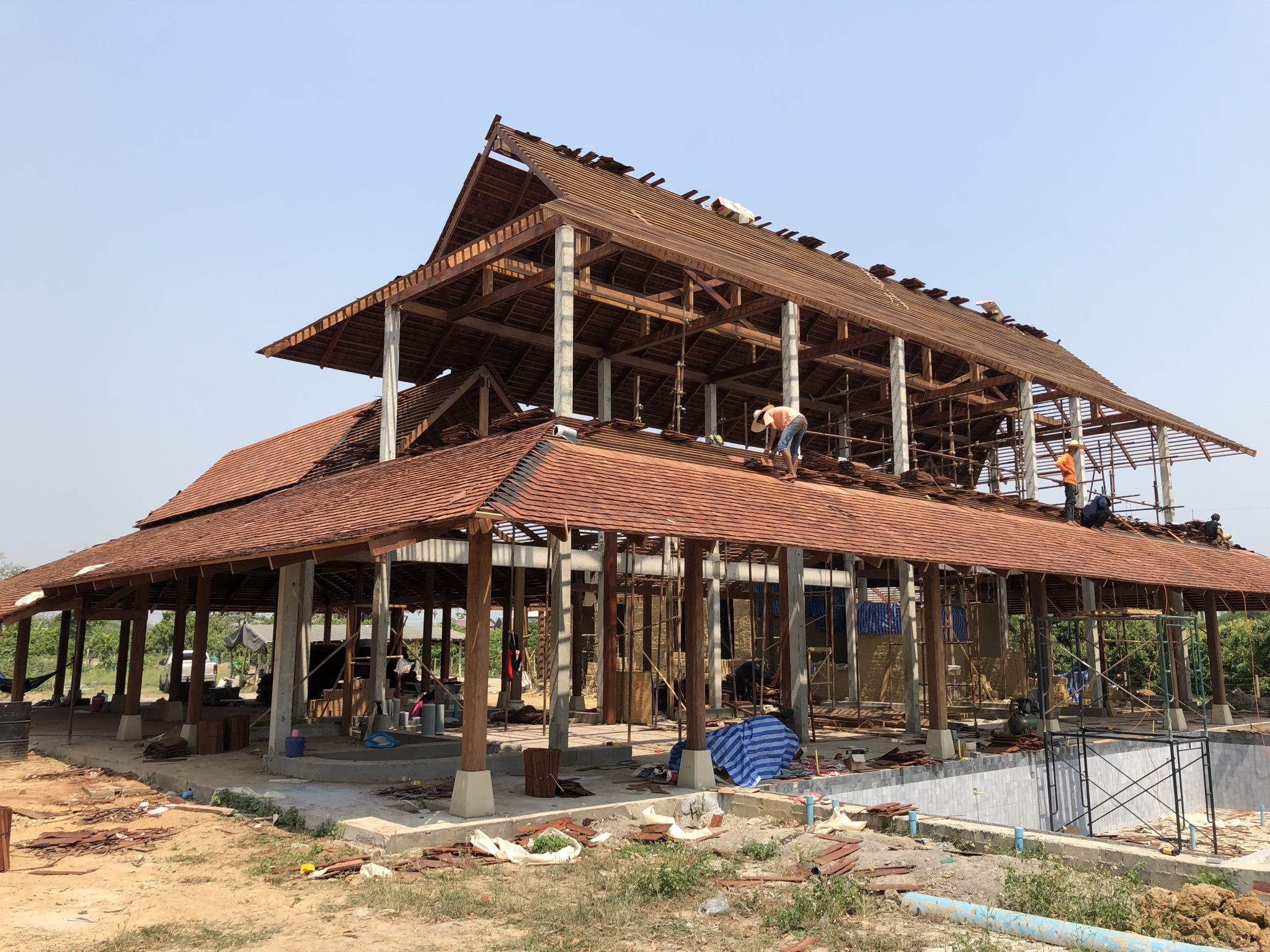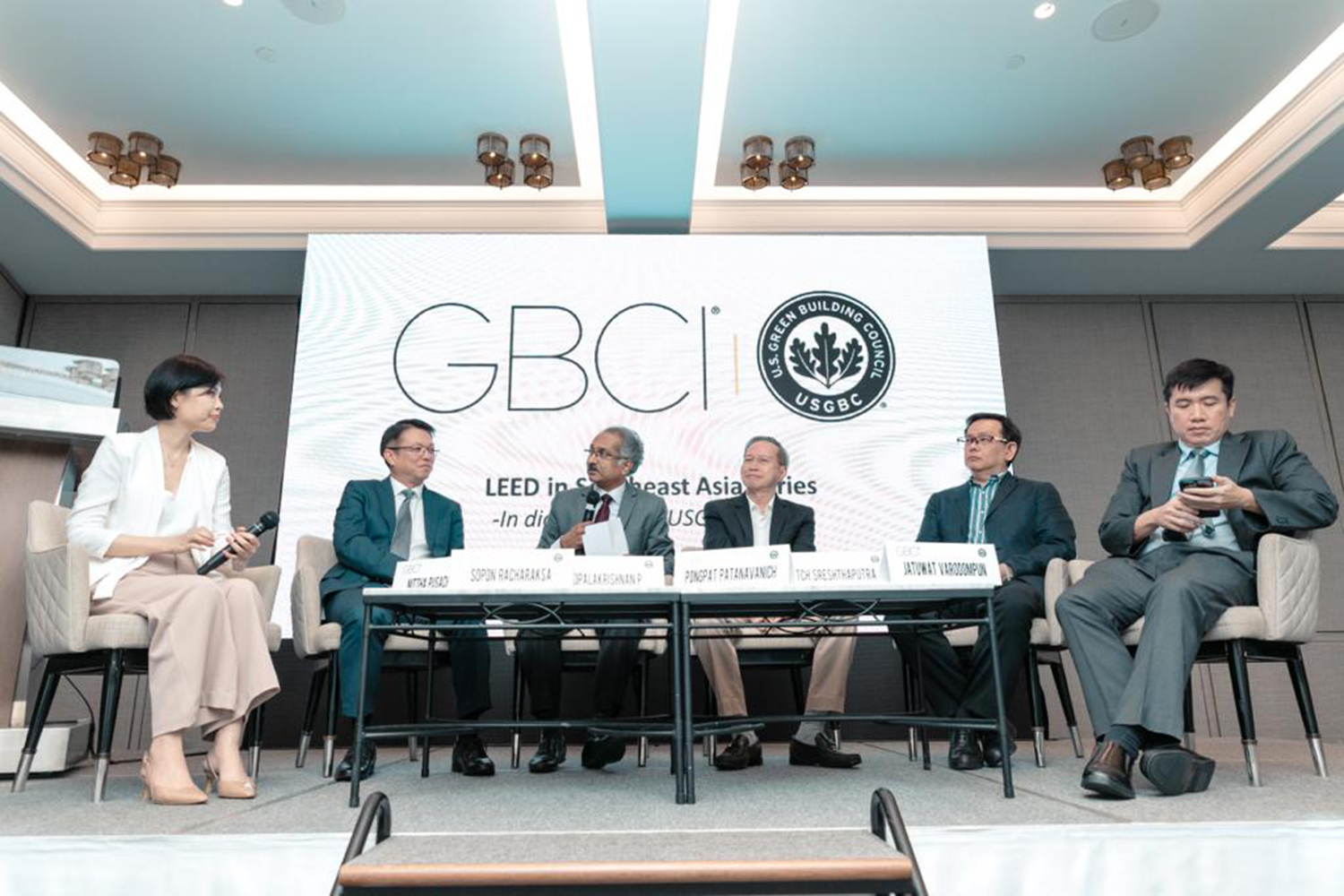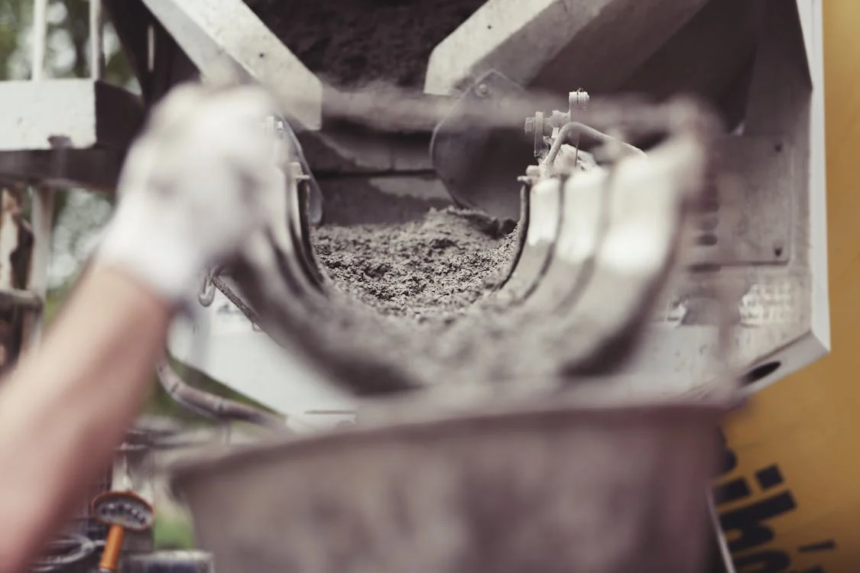BANGKOK – Thailand is setting a remarkable example in Southeast Asia by championing eco-friendly construction practices, underscoring its commitment to sustainable development. As urbanization accelerates, the nation adopts innovative green building trends that align with global sustainability goals while maintaining its cultural heritage.
A key part of this initiative is streamlining waste management on construction sites. Solutions like simplifying project waste with concrete dumpsters are vital in fostering cleaner, greener projects.
The push for sustainability in Thailand’s construction sector is supported by the widespread adoption of internationally recognized standards such as LEED (Leadership in Energy and Environmental Design) and the locally developed TREES (Thai Rating of Energy and Environmental Sustainability) system.
These frameworks promote energy-efficient technologies, water conservation systems, and the use of recycled or renewable materials in construction projects. Landmark developments like the Thailand Creative and Design Center (TCDC) exemplify the integration of these principles, offering modern spaces that are functional, aesthetically pleasing, and environmentally responsible.

Minimizing environmental impact
Government initiatives have further driven the movement toward eco-friendly construction. Policies incentivizing solar energy, rainwater harvesting, and sustainable materials have inspired developers to innovate.
Additionally, Thailand has emphasized efficient waste management as an integral part of its sustainability goals. By leveraging services such as concrete dumpster rentals, construction companies can effectively manage heavy debris while minimizing environmental impact.
The shift toward eco-friendly construction has also sparked growth in green industries. As demand rises, businesses offering sustainable building materials, renewable energy solutions, and advanced waste management systems thrive.
This trend benefits the environment and strengthens the nation’s economy by creating jobs in sectors aligned with sustainability. Furthermore, consumers increasingly prioritize eco-conscious designs, driving developers to adopt green practices as a competitive advantage.
The transformation of Thailand’s construction practices reflects a broader shift toward collaboration between public and private sectors. Local and international partnerships have fueled knowledge sharing, leading to advancements in sustainable building technologies and methods.

Thailand’s commitment to eco-friendly
Workshops and conferences organized by the Ministry of Energy and the Green Building Council have highlighted the importance of incorporating green practices into all stages of development.
Thailand’s commitment to eco-friendly construction is reducing its environmental footprint and positioning the nation as a regional leader in sustainability.
Experts believe these practices will yield long-term benefits, including reduced carbon emissions, improved urban living conditions, and economic opportunities in green industries. Adopting efficient waste management solutions, like concrete dumpster rentals, underscores the critical role of innovation in achieving these objectives.
By combining cutting-edge technologies with a strong emphasis on sustainability, Thailand is creating a model for responsible urban growth that can inspire neighbouring countries. As the world looks to tackle the challenges of climate change and urbanization, Thailand’s proactive approach serves as a reminder that progress and environmental responsibility can go hand in hand.
Related News:
Bank of Thailand Works to Tackle Nation’s Debt Crisis
CTN News’s sponsored content helps brands reach a larger audience with engaging and relevant articles these articles do not necessarily reflect the views of CTNNews. For more information on our sponsored content policy Click Here














